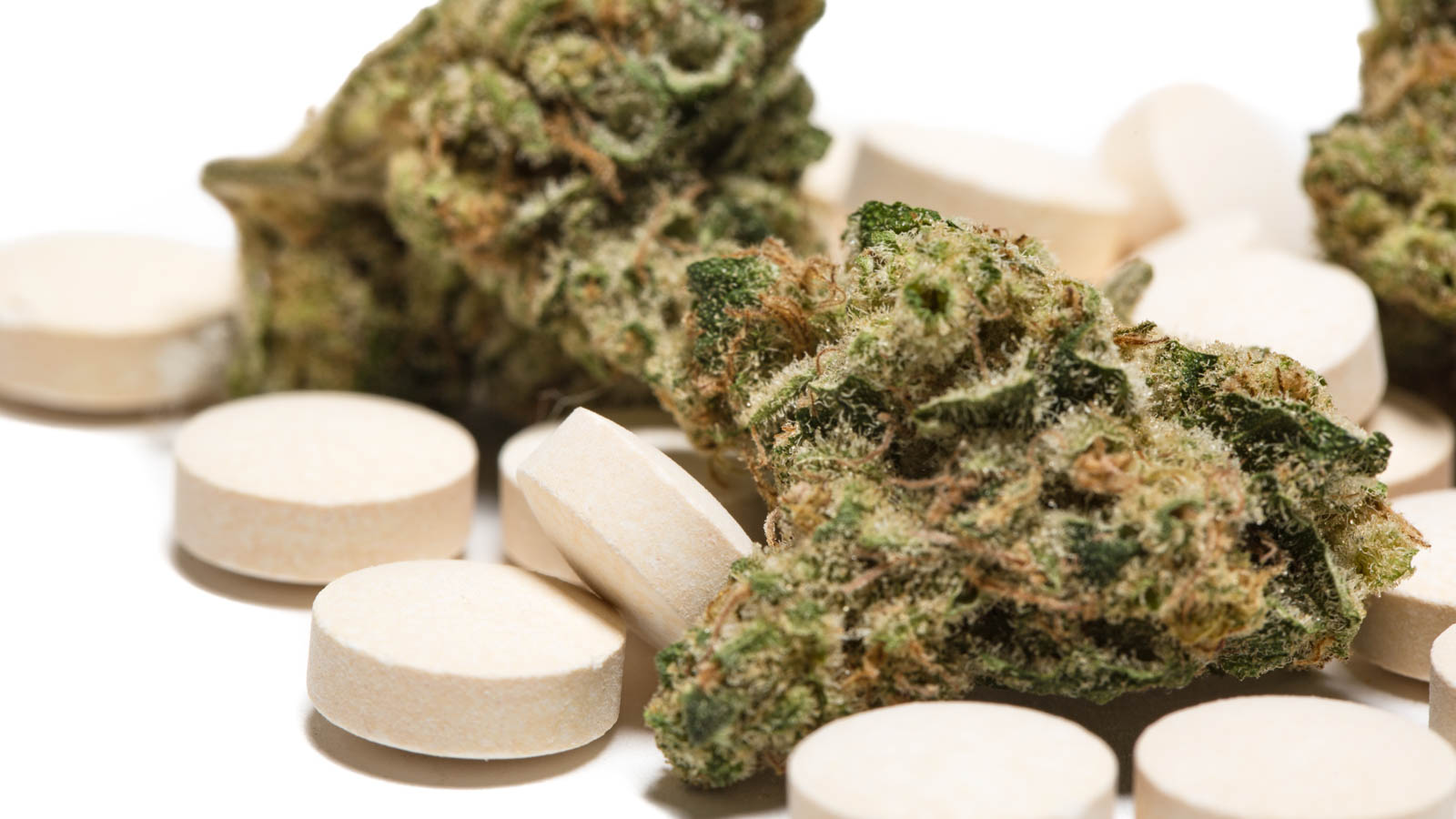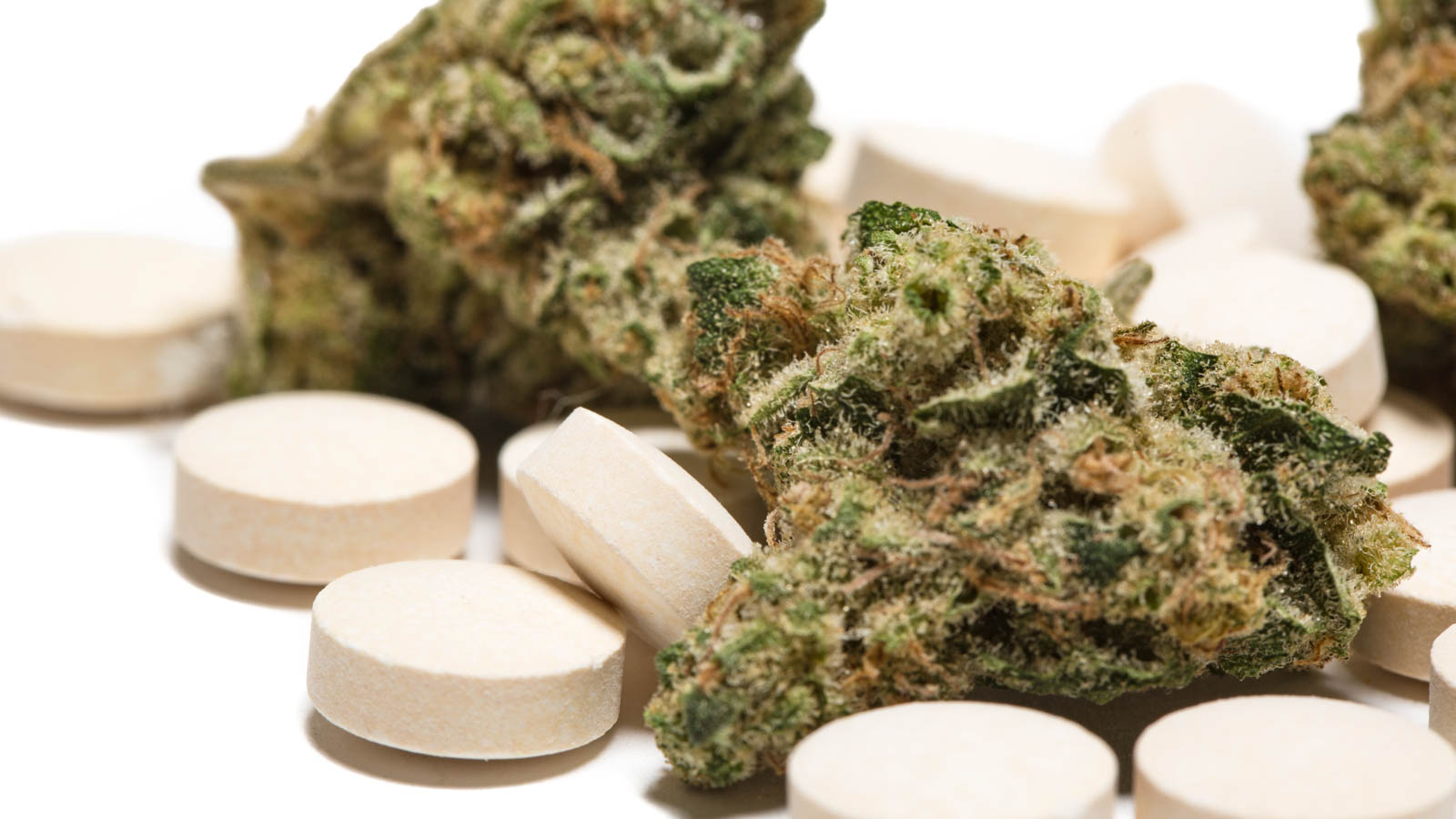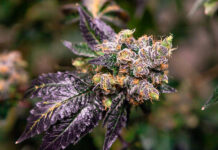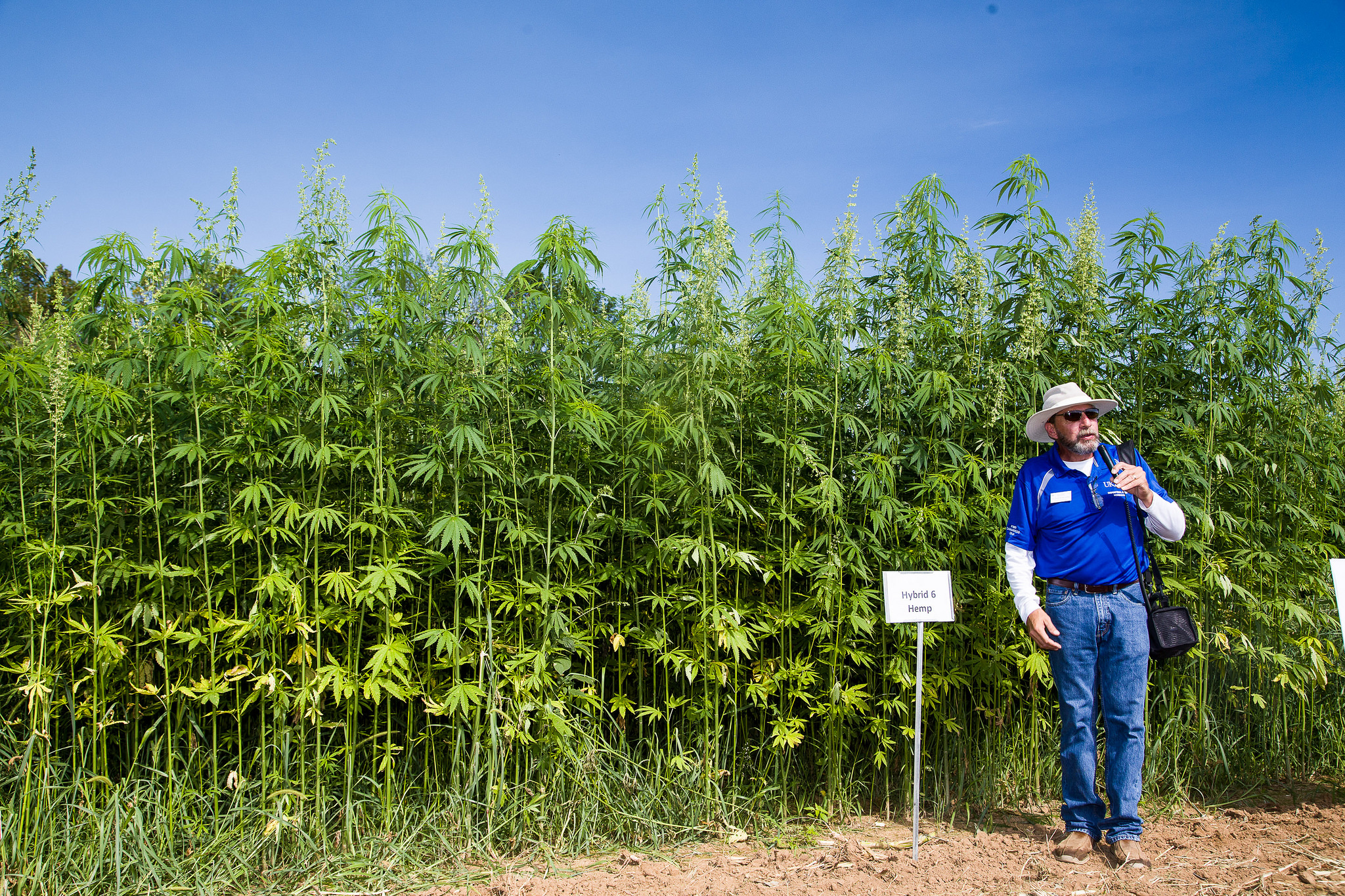
Cannabidiol (CBD) may be effective in reducing cravings associated with heroin addiction, a new study has indicated.
Participants in the study reported experiencing reduced anxiety induced by drug cues for up to one week after the final administration of CBD, suggesting that the effects are long-lasting, even when the cannabinoid would not be expected to still be present in the body.
“The intense craving is what drives the drug use,” said Yasmin Hurd, Ph.D., the study’s lead researcher, in a statement.
Hurd, who is also director of the Addiction Institute at Mount Sinai, part of the Icahn School of Medicine in New York, hopes that the findings will help pave a medicinally sound path toward reducing opioid dependency and overdose.
“If we can have the medications that can dampen that [craving], that can greatly reduce the chance of relapse and overdose risk,” she said.
The study, published in the American Journal of Psychiatry on May 21, 2019, also revealed that participants who received CBD experienced reduced stress reactivity, normally noted by increased heart rate and high levels of cortisol, known as the stress hormone.
“There are now many studies demonstrating CBD’s effects on mood,” said Dr. Murdoc Khaleghi, an emergency medicine physician in Massachusetts and senior medical adviser for Elevate CBD, a maker of hemp-based topicals, capsules, liquids, and ingestibles. “While not suddenly transformative, this study lends credence to the increasing thinking that CBD can have value as additional support in treating opiate addiction.”
More than a decade ago, Hurd, a neurobiologist who was named to the prestigious National Academy of Medicine in 2017, began making it her life’s work to combat opioid addiction and overdose.
While past studies indicate that CBD works on a number of brain circuits involved in addiction and drug-seeking behavior, Hurd’s recent research is viewed as providing additional concrete evidence, due in part to how the research was conducted.
“Relative to many studies finding favorable results concerning cannabis, this one has a much stronger design,” said Jonathan Caulkins, Ph.D., operations research and public policy professor at Carnegie Mellon University’s Heinz College in Pittsburgh and former co-director of Rand Corp.’s Drug Policy Research Center. “The specific dosing was clearly stated and it was a true randomized controlled trial…most aren’t.”
How Was the Study Done?
Hurd and her colleagues recruited 42 adults from social services groups, halfway houses and treatment centers, all of whom had been using heroin for an average of 13 years. To qualify for the study, volunteers had to agree to abstain from all heroin use during the two-week trial period.
The participants were randomly divided into three groups: one group was given 800 milligrams of CBD, another 400 milligrams of CBD, and another a placebo. All participants received doses once daily for three consecutive days then were followed over the next two weeks. Those in the two CBD groups received Epidiolex, the only FDA-approved prescription drug containing CBD and known to reduce certain types of epileptic seizures.
None of the 42 adult participants nor the clinicians and research team knew what they were getting or giving. There were no significant effects on cognition, and there were no serious adverse events, the research team reported.
“Our findings indicate that CBD holds significant promise for treating individuals with heroin use disorder,” Hurd said in a statement. “So many people are dying, and there is a need for developing medications.”
Over the course of several sessions, participants were shown images or videos of nature scenes as well as images of drug use and heroin-related paraphernalia, such as syringes and packets of powder that resembled heroin. They were then asked to rate their craving for heroin and their levels of anxiety.
Measures of opioid craving, anxiety, and vital signs were obtained at different times during these sessions. The study team found that CBD, in contrast to the placebo, significantly reduced both the craving and anxiety induced by the drug cues.
Devastating Impact of the Opioid Crisis
Opioid addiction, now considered a public health crisis across the United States, resulted in 70,237 drug overdose deaths in 2017, according to the Centers for Disease Control and Prevention (CDC).
Since 2000, the rate of deaths from drug overdoses has increased 137%, including a 200% increase in the rate of overdose deaths involving opioid pain medication and heroin, the CDC noted. From 2000 to 2014, nearly a half-million people in the United States died from opiate-related drug overdoses.
“A successful non-opioid medication would add significantly to the existing addiction medication toolbox to help reduce the growing death toll, enormous health-care costs, and treatment limitations imposed by stringent government regulations amid this persistent opioid epidemic,” Hurd stated in the news release
The National Institute on Drug Abuse reported that only one-third of US patients with opioid dependence are receiving Medication Assisted Treatment (MAT). A 2016 Surgeon General’s Report on Alcohol, Drugs, and Health confirmed that only 1 in 5 people in need of MAT, which combines behavioral therapy and medications to treat substance use disorders, are receiving it.
The pressing reason, Hurd has noted in her study, is that a safe and effective treatment for heroin and opioid addiction disorder is crucial — and her colleagues agree.
“Drug development goes through stages of investigation, and what should come next is a larger statewide trial involving more candidates,” Caulkins, who did not participate in Hurd’s research, told Weedmaps News. “This is important work.”
Further Research is Already Underway
MediPharm Labs, which specializes in cannabis extraction and CBD isolation methods, announced on May 22, 2019, that it is participating in clinical trials led by Hurd and her Mount Sinai team.
Two studies are being launched to better understand the effects that CBD has on the brain, and also lead to the development of a non-addictive oral gelcap to treat opioid use disorder through anti-anxiety intervention using hemp-derived CBD, which is being provided by MediPharm.
The research, according to a statement released by MediPharm, will be a large-scale, multi-site clinical trial that will involve at least 500 patients located in the United States, Canada, Australia, Europe, and Jamaica.
“This consortium strategy is founded on results from established clinical trials that now give us an important opportunity to further advance scientific research in large populations,” Hurd said. “This is a critical path for the development of true CBD medicinal products that meet FDA approval to treat opioid addiction.”















